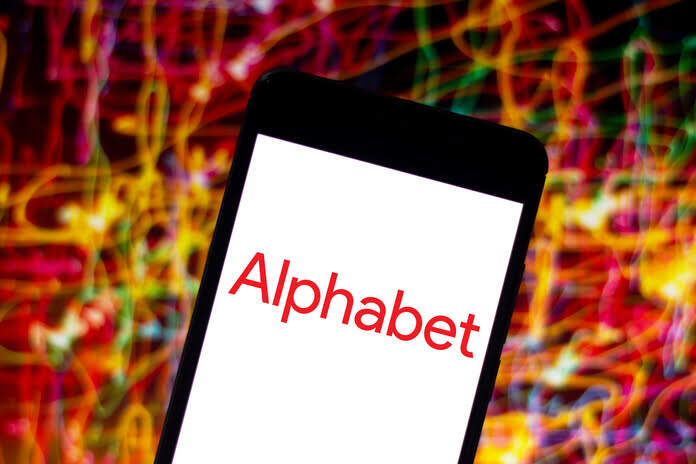Alphabet Inc. (NASDAQ:GOOG), the parent company of Google, is set to resume the rollout of AI-generated images of people on its Gemini platform after a pause that lasted several months. The company temporarily halted the feature earlier this year due to concerns over inaccuracies in the historical depictions produced by the AI model. However, after extensive improvements, Alphabet is ready to reintroduce this innovative capability, promising enhanced accuracy and adherence to ethical guidelines.
Alphabet’s Commitment to Improving AI-Generated Images
In February, Alphabet made the decision to suspend the AI-generated images of people on Gemini due to several issues that arose. The AI model had inaccurately portrayed historical figures, leading to widespread criticism. This prompted Alphabet to take immediate action, pausing the feature and committing to making necessary improvements.
The company has since been working diligently to address these concerns, emphasizing its commitment to producing AI-generated images that are both accurate and respectful of historical and cultural contexts. Alphabet has refined the AI model, ensuring it adheres to its strict “product principles” and ethical guidelines. This pause and subsequent improvement period highlight Alphabet’s dedication to responsibly advancing AI technology.
Enhancements in Gemini’s AI Model
The enhanced AI model on Gemini has undergone rigorous testing to ensure that it can accurately generate images of people, especially those with historical significance. Alphabet’s engineers have simulated various scenarios to identify and address potential weaknesses in the model. This meticulous approach has led to a more robust and reliable AI tool that can generate realistic and contextually appropriate images.
One of the key improvements in the AI model is its ability to understand and respect cultural and historical nuances. By incorporating a broader range of data and refining its algorithms, Alphabet aims to minimize the risk of inaccuracies in the images generated by the AI. This focus on cultural sensitivity is crucial as the technology continues to evolve and be integrated into various applications.
The Rollout of Improved AI-Generated Images
Alphabet plans to roll out the improved AI-generated images of people on Gemini in the coming days. The company is confident that the enhancements made to the AI model will address the issues that previously led to the pause. With these improvements, Alphabet is poised to offer a more reliable and accurate tool for users who rely on AI-generated images for various purposes.
This rollout represents a significant step forward in the development of AI technology, particularly in the realm of image generation. By resuming this feature, Alphabet is demonstrating its ability to respond to challenges, make necessary adjustments, and ultimately deliver a better product to its users.
Implications for the Future of AI-Generated Content
The resumption of AI-generated images on Gemini marks a pivotal moment in the evolution of AI technology. As companies like Alphabet continue to refine their AI models, the potential for AI-generated content to be used in creative, educational, and commercial applications will only grow. However, it also underscores the importance of responsible AI development and the need for ongoing oversight and refinement.
Alphabet’s experience with Gemini serves as a reminder that while AI technology offers immense possibilities, it also comes with significant responsibilities. The company’s efforts to improve the accuracy and cultural sensitivity of its AI-generated images reflect a broader trend in the tech industry toward more ethical AI development.
As Alphabet (NASDAQ:GOOG) moves forward with the rollout of this updated feature, it sets a precedent for other companies to follow in ensuring that AI-generated content is both innovative and responsible. The advancements made in the Gemini platform are likely to influence the future direction of AI technology, particularly in how it handles the generation of images and other forms of content.
Featured Image: Megapixl@Rafaelhenriquepress



